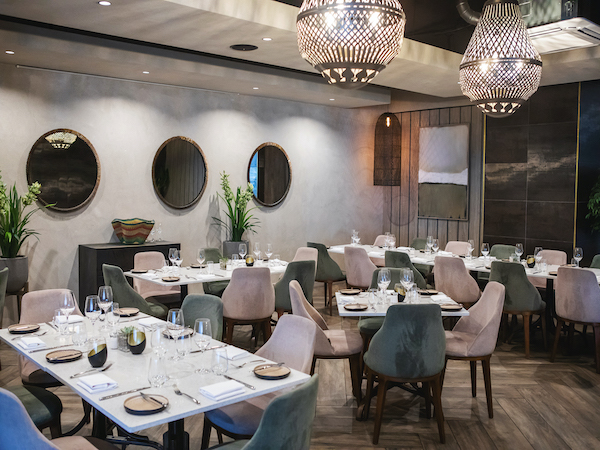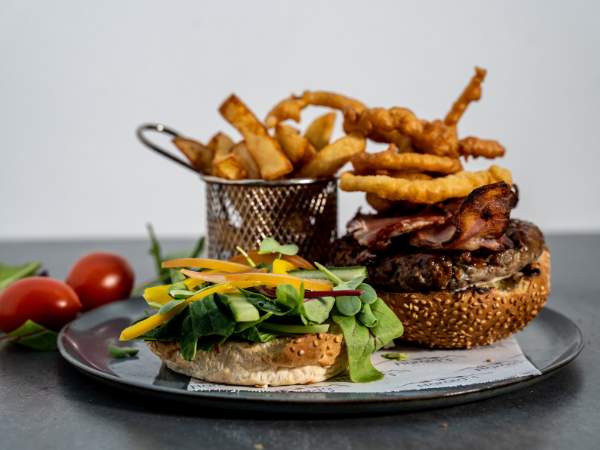News
Wow them, but with real food
Thursday, March 11th, 2010American-born chef Peter Tempelhoff is no stranger to being at the cutting edge of things. Quite literally in fact, because after a stint as a tree-feller until as late as his mid-twenties, he finally found something that he is unbelievably passionate about – cooking.
Tempelhoff has won numerous awards for his work in the kitchen, and his restaurant – The Greenhouse – will be one of the 19 restaurants on show at this year’s Taste of Cape Town Festival, where foodies can indulge their palates with food from some of the best restaurants the Cape has to offer.
But being on the cutting edge of modern food preparation techniques doesn’t come without its challenges. “Just because you can wow somebody with a beautiful dish of food doesn’t mean that they’ll enjoy it, or that it even resembles real food,” says Tempelhoff.
“One of the things that inspires me in the kitchen on a daily basis is finding the happy medium between using the latest trends in cooking techniques, but delivering something that is truly delicious and keeps guests coming back for more.”
“In the South African context,” he says, “this is even more of a juggling act because, while South African palates are fairly mature and have a good idea of what they like and what they don’t like; their tastes vary dramatically from other countries.”
“You can’t just put a slice of veal heart on a plate and expect people to like it. But if you localise it a bit, make sure you use fresh local and seasonal ingredients, suddenly you have something that people will really like,” he explains.
The world has developed some very interesting, and sometimes odd, cooking techniques in recent years, all of which are designed to take fine dining to the next level, and give chefs an opportunity to innovate in the kitchen.
From the advent of molecular gastronomy, to gelatines that can be deep-fried and foams made with the essences of various ingredients, and even new types of cooking equipment, the possibilities are endless when it comes to modern cooking methods.
“These developments have given us the ability to maintain the level of mystery that chefs have in the way in which they prepare a dish, and to ignite the imaginations of the people who are enjoying the dish,” Tempelhoff says.
With that said, however, Tempelhoff will be the first to admit that exotic cuisine that is prepared using cutting edge modern methods doesn’t appeal to a wide audience in South Africa.
“With a little initiative and incorporating flavours that locals are familiar with you can create a multitude of exciting dishes that local people can relate to and that they aren’t afraid to try out,” he explains.
“The truth is that South Africa has seen a slow but gradual increase interest in the more exotic and modern side of food,” he says, “and this is something I very much want to nurture.
“It’s for this very reason that I’ve started importing various ingredients that are not available in South Africa, and have made them available through my website for people to try and experiment with.” Let’s face it, we all love to stick with tradition, but there’s no reason why tradition can’t be updated with a modern twist or an exotic ingredient that takes a good dish and makes it great. But, as Tempelhoff points out, this should not be done at the expense of the palatability of the dish itself. “There is definitely a happy medium between the two extremes of modern and traditional cooking methods, but don’t ever let the cooking technique take precedence over the end result. “In short,” he concludes, “make sure you wow your guests, but make sure you wow them with real food.”
Photography by Anthony Friend








